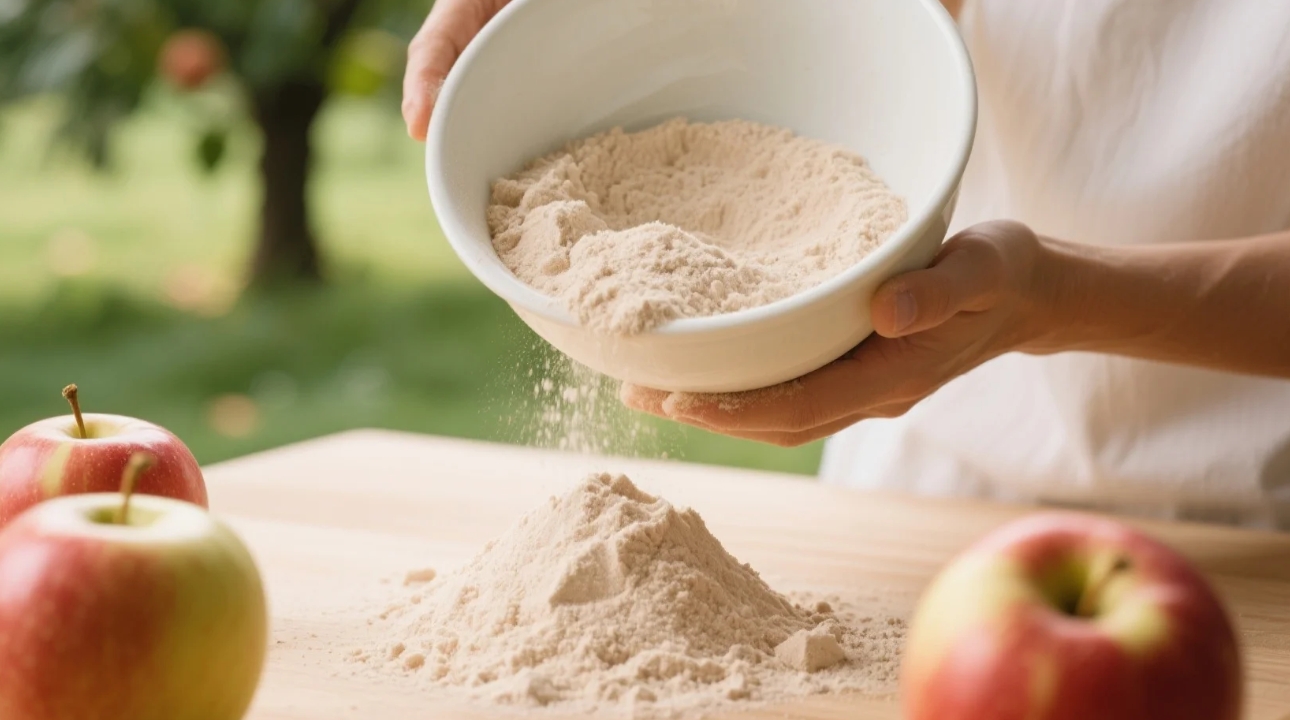Organic maltodextrin is a type of carbohydrate that is commonly used as a food additive and a thickening agent in the food industry. It is derived from organic corn starch and is commonly used in processed foods, beverages, and dietary supplements.
The development of organic maltodextrin can be traced back to the increased demand for organic food products and the desire to find a natural alternative to traditional maltodextrin. Traditional maltodextrin is derived from genetically modified corn and is commonly used as a thickening agent in processed foods. However, the use of genetically modified ingredients in food has become a concern for many consumers, leading to a demand for organic and non-GMO ingredients.
To meet this demand, manufacturers began developing organic maltodextrin made from organic corn starch. Organic maltodextrin is now widely used in the food industry as a natural alternative to traditional maltodextrin.
In terms of future development, the demand for organic food products is expected to continue to grow as consumers become more health-conscious and aware of the impact of their food choices on the environment. This is likely to drive the demand for organic maltodextrin and other organic food additives.
However, there are also concerns about the impact of large-scale organic farming on the environment and the sustainability of organic agriculture. As such, there is a need for more sustainable and environmentally friendly methods of producing organic maltodextrin.
To address these concerns, there is ongoing research into alternative sources of organic maltodextrin, such as sweet potato and tapioca starch. These sources may provide a more sustainable and environmentally friendly alternative to organic corn starch.
In conclusion, the development of organic maltodextrin was driven by the demand for natural and organic food ingredients. The future of organic maltodextrin is likely to be shaped by the continued growth of the organic food industry and the need for more sustainable and environmentally friendly methods of production. Ongoing research into alternative sources of organic maltodextrin may provide new opportunities for development and growth in the future.

